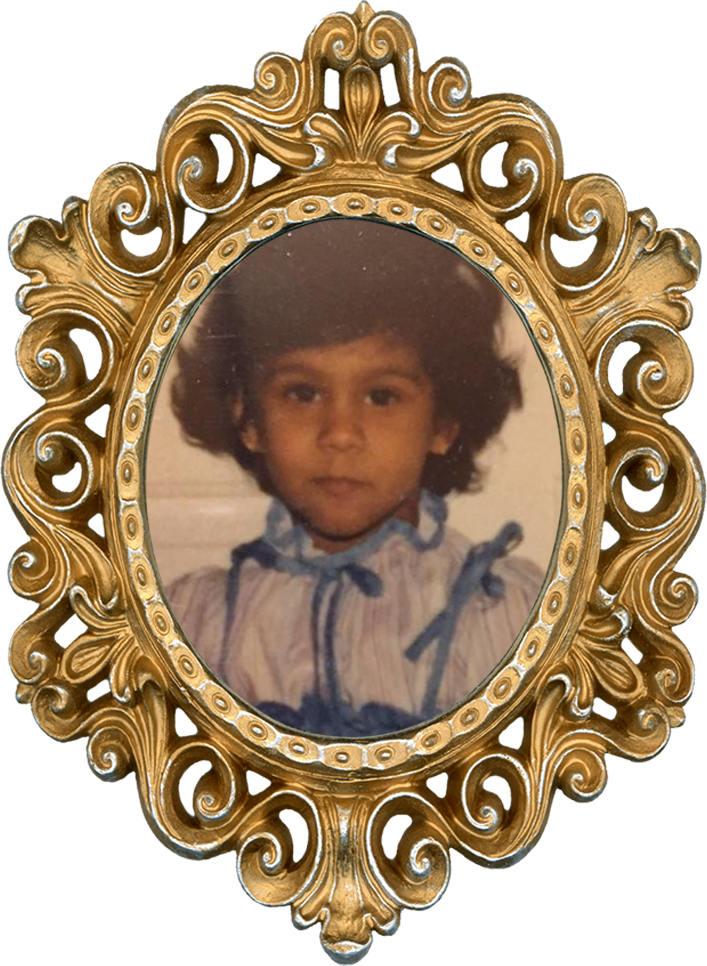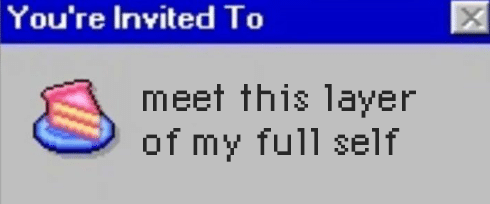

I GREW UP identifying as Sri Lankan Tamil. And I think part of it was just that Sri Lanka is the country that my parents immigrated from. And in the US, when we’re talking about ‘where are you from’, typically we’re being asked, what country did you immigrate from. I think also identifying as Sri Lankan Tamil was partly about being conscious of the fact that there are different Tamil identities and communities in places other than Sri Lanka. But over time, I started changing how I was looking at my identity, and I stopped identifying as Sri Lankan Tamil and started to identify as a Tamil person whose family immigrated from Sri Lanka. I now identify with the more specific term "Eelam Tamil."
The term Sri Lankan has been used in a very politicized way in Sri Lanka to refer to a national identity that is somehow supposed to transcend ethnic groups and religious identities, while decades and decades of successive Sinhalese-Buddhist governments have engaged in very disparate treatment of different groups, whether we're talking about Tamils, Muslims, or other oppressed peoples on the island. But of course many of us in diaspora take different positions on this same thing. I have Tamil friends who say, I see where you're coming from, but that's not how I feel.
MY PARENTS, like a lot of my peers whose parents immigrated to the US in the 1970s, definitely come from a background where they had the capacity and the privilege to be able to choose to leave Sri Lanka. It was in my teenage years that I really started having more direct conversations with them about Sri Lanka and why they left. That’s when they started sharing more with me about the history of the country and basically their fears for what might happen there. I already had an interest in human rights issues. But then to hear more of how these issues are related to our own community, to our own relatives, that moved me, and I got more involved in advocacy work around the time of the end of the armed conflict in 2009.
I’ve had this conversation with some elders over the years, like why do you have to do this stuff? Why don’t you just let it be? You don’t even live there, you don’t have to concern yourself with it.
she/her

> But I really do think that if we are in a position where we don't have to have as many fears over our safety, those of us who are willing to speak out and do the work, it's important to.
WHEN I WAS younger, being born and raised in diaspora, I felt like I'm less Tamil than my cousins who grew up there, and maybe less Tamil than some of my peers. As a I grew older, I felt like I wasn't necessarily doing the things that uphold the Tamil culture, like marrying a Tamil person, having children, teaching them about our heritage, etc. This is certainly not an unusual expectation for lots of women and girls from many different communities. Now I'm forty-five years old. I'm a fully middle-aged woman. I've never been married. I've never had children. I have told my relatives that I'm queer. I have introduced my partner, who is white, to a lot of them.

THROUGHOUT MY ADULT LIFE, I definitely believed in that whole idea of if you don't come out, you're doing something wrong, you're being ashamed of yourself, or you should be embarrassed. I think this is part of my old-school sociocultural upbringing, but I really bought into that narrative for a long time. What flipped that for me was hearing about the idea of 'inviting in' being the terminology rather than 'coming out.' This is terminology I learned from young queer Tamils in diaspora.
It was conceived by the scholar Darnell Moore, who also credits Sekneh Hammoud-Beckett, and between their writings, they talk about inviting in not being an all or nothing activity you engage in, but that you choose if you want to invite anyone into that particular fact about yourself. That really spoke to me. That's not to say that there's something wrong with coming out, but I also think there are reasons of physical and mental safety that might make someone not want to invite everyone in their lives into their queerness.
In terms of the evolution of my queerness, for decades of my life, the way I'd look at it is I didn't know that I was queer. Then for decades, I was fully aware of it, but I didn't talk about it with anyone except for a couple of people. And then over the past 5-10 years was when I really started feeling more comfortable, slowly, publicly identifying myself as queer. I didn't start navigating my queerness in Tamil spaces until maybe five years ago. These were typically activist, advocacy, and art spaces, and then family spaces.
In terms of family spaces and extended family, certainly there may very well be relatives of mine who don't love this fact about me, but nobody has told me that, and in fact, some relatives have even surprised me. However, it is important to me to specify that by the time I was doing this stuff in my family, I was already in my forties. I was worried about harming my relationship with my relatives that I was closest with, but beyond that, there wouldn’t be any sort of other major fallout. The stakes would have been quite different for me if I was 19 or 20.
I WAS WRITING a lot of poetry when I was in university, but then I stopped writing for years. In 2009, between the trauma of what was happening in Sri Lanka and my own personal life here in DC, I started going to poetry readings and slam poetry events. And one of the things that really struck me about slam poetry was how someone could get up on the stage and in three minutes have strangers in the audience completely moved and torn up. So I started competing. With everything I was sort of coming to that space with, I just felt like there’s one way of using language – writing press releases and presentations and drafting the perfect language for this letter that's being sent to an official entity – and there is also this other way:


> You can still be talking about very factual, real things, without making it sterilized or unemotional in order to be taken seriously.
One of my poems that talks about the end of the armed conflict in Sri Lanka and the Sri Lankan government's genocide started as a slam poem. After performing that poem, I’ve had people come up to me and say, I care about the treatment of marginalized groups, this is a thing I've never heard anything about, but now that I've heard you talk about it, I want to know more.
I would like my creative work to do as much work as it can while I'm here, and I would want it to live on after I'm gone. And at the same time, I would really hope that some of it's not nearly as relevant in 10 years as it is right now. I think of the word legacy as meaning after you're dead, but if legacy can be something that also walks alongside of us while we're still here, I would hope to be contributing and expanding on these narratives of what it means to be part of the LGBTQ+ community while also being part of the Tamil community.
GOWRI K (she/her) is a writer, performing artist, and lawyer whose advocacy has addressed animal welfare, the environment, the rights of prisoners and the criminally accused in the U.S., and justice and accountability in Sri Lanka. You can explore her work here.

